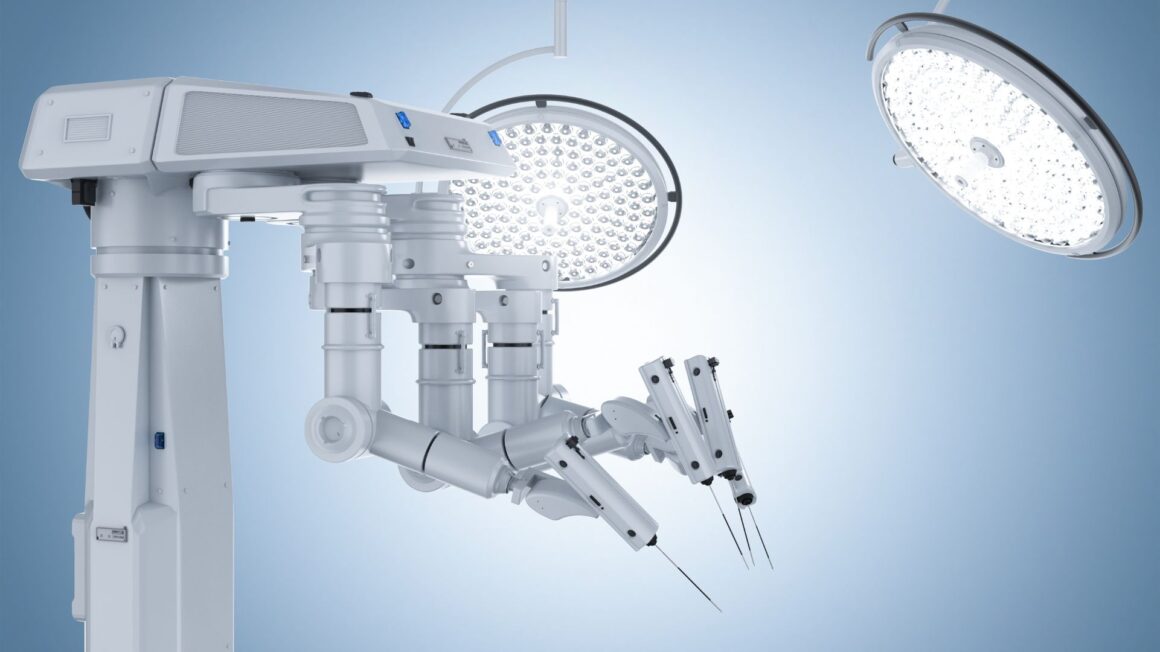Bowel Surgery: Small and Large Intestine
Bowel surgery encompasses a broad range of procedures aimed at treating diseases affecting both the small and large intestines. These surgeries can address various conditions, including obstructions, cancers, inflammatory diseases like Crohn’s and ulcerative colitis, and other gastrointestinal disorders.
Small Intestine Surgery
Surgery on the small intestine is often necessary for conditions such as blockages (due to adhesions, hernias, or tumors), Crohn’s disease, and cancers. Procedures may involve removing a diseased or obstructed section of the small intestine (resection), opening up a narrowed area (strictureplasty), or bypassing diseased sections to maintain the flow of digestive contents.
Large Intestine (Colon) Surgery
Large intestine or colon surgery is primarily performed for colorectal cancer, diverticulitis, and inflammatory bowel disease. Common surgeries include:
- Colectomy: Removal of part or all of the colon.
- Colostomy: Creating an opening in the abdominal wall to bypass a damaged part of the colon.
- Rectal Surgery: For conditions affecting the lower part of the colon and rectum, including rectal cancer.
Minimally Invasive Techniques
Whenever possible, bowel surgeries are performed using minimally invasive techniques, such as laparoscopy or robotic surgery. These approaches offer several benefits over traditional open surgery, including smaller incisions, less pain, quicker recovery times, and reduced risk of complications.
Multidisciplinary Care
Effective treatment of bowel conditions often requires a multidisciplinary approach, combining the expertise of gastroenterologists, colorectal surgeons, oncologists, and other specialists. This collaborative effort ensures that patients receive comprehensive care tailored to their specific needs, from diagnosis through treatment and recovery.
Conclusion
Bowel surgery plays a vital role in the management of various small and large intestine conditions, offering relief from symptoms, improving quality of life, and, in many cases, providing a curative approach to serious diseases like cancer. Advances in surgical techniques and perioperative care have significantly improved outcomes for patients undergoing these procedures. The goal is always to preserve as much bowel function as possible while effectively treating the underlying condition.

